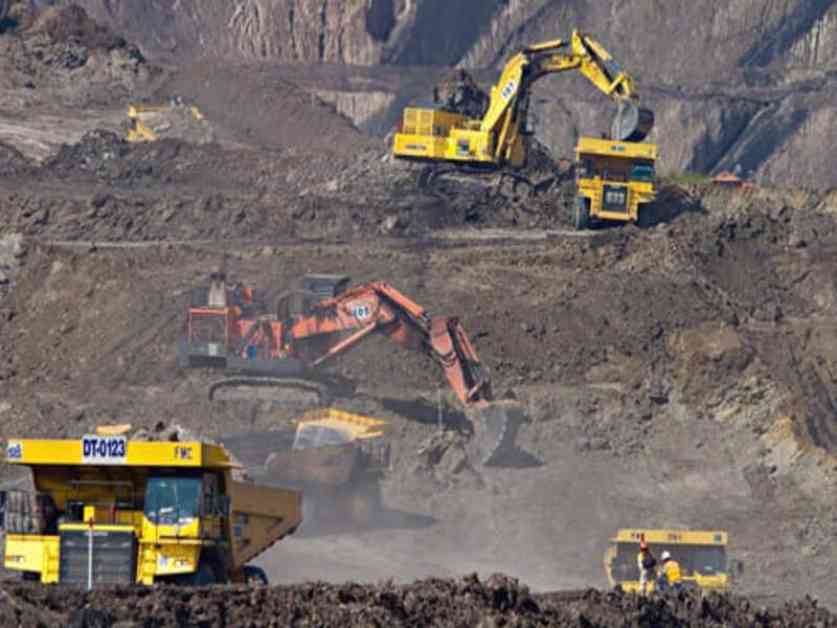The mining sector in Africa is experiencing a revitalization, with recent progress and developments taking place. One significant turning point is seen in the Democratic Republic of Congo (DRC), particularly in the South Kivu province, where mining activities have resumed after a weeks-long suspension. This decision, spearheaded by Governor Jean-Jacques Purusi, follows extensive negotiations between provincial authorities and industry stakeholders.
Revival of Mining Activities in South Kivu
The resumption of mining activities in the South Kivu province is a positive development for the local economy. However, it comes with certain conditions that mining companies must adhere to. These conditions include ensuring compliance with tax regulations and signing an agreement to promote transparency and good governance within the sector. These measures are crucial in combating illegal exploitation and maximizing revenue for the province’s development.
South Kivu: A Mining Eldorado with Vast Potential
South Kivu is renowned for its abundant gold and 3T (tin, tungsten, tantalum) deposits. Despite its rich mineral resources, mining operations in the region have long been characterized by informality, illegal exports, and armed conflicts. The reintroduction of activities under a stricter regulatory framework is expected to enhance control over the sector and transform it into a driving force for the province’s development.
The Importance of Regulatory Compliance
The return to normalcy in mining operations in South Kivu holds significant implications for stability and development. A well-regulated mining sector can contribute to the region’s stability by creating job opportunities and generating income for local communities. Furthermore, it is likely to curb illegal exploitation, thereby reducing the activities of armed groups that finance themselves through such illicit practices. The recent measures not only aim to promote transparency but also strive for equitable revenue distribution within the sector.
Subheadings
Challenges in the Mining Sector
Despite the potential benefits of revitalizing the mining sector in South Kivu, numerous challenges persist. One major obstacle is the prevalence of illegal mining activities, which not only deprive the region of much-needed revenue but also contribute to environmental degradation and social unrest. Addressing these challenges requires a multi-faceted approach that involves collaboration between government authorities, industry players, and local communities.
Opportunities for Sustainable Development
Reviving the mining sector in South Kivu presents an opportunity to promote sustainable development in the region. By implementing responsible mining practices and investing in local infrastructure and education, the sector can become a catalyst for economic growth and social progress. Additionally, fostering partnerships with international organizations and adhering to global sustainability standards can enhance the sector’s reputation and attract foreign investment.
The Role of Stakeholders
Effective collaboration among stakeholders is essential for ensuring the success of the revitalized mining sector in South Kivu. Government agencies, mining companies, civil society organizations, and local communities must work together to establish transparent governance mechanisms, promote ethical business practices, and safeguard the rights of workers and residents. By fostering a culture of cooperation and accountability, stakeholders can collectively contribute to the sector’s long-term sustainability and prosperity.
In conclusion, the revitalization of the mining sector in South Kivu represents a pivotal moment for the region’s economic and social development. By implementing stringent regulatory measures, fostering transparency, and promoting responsible mining practices, stakeholders can unlock the full potential of the sector while ensuring its sustainable growth. With concerted efforts and a shared commitment to ethical and inclusive mining, South Kivu can emerge as a model for responsible resource extraction in Africa.

